John Hurrell – 14 March, 2019
Using recycled corrugated cardboard boxes as metaphors for global movement, the Aquilizans wittily examine identity, place, home and dislocation, looking at the state of in-betweenness located not in national points of departure or arrival but within the journey itself—a process of physical and mental transition that may be never-ending.
Auckland
Alfredo and Isabel Aquilizan
Pillars: Project Another Country
23 February 2019 - 16 February 2020
Hot on the heels of their popular (interactive community) cardboard house-building project, From Pillars to Posts: Project Another Country—seen in the Todd Foundation Creative Learning Centre—the Filipino artists Alfredo and Isabel Aquilizan have constructed an even more spectacular exhibition for the AAG atrium, incorporating parts of the first presentation into the masts of three inverted boats suspended from the high ceiling.
Again exploring the theme of migrating marginalised communities ‘moving house’ (and changing countries) by nautical means, the Aquilizans (now residing in Australia) were first brought to Aotearoa eight years ago by Rhana Devenport for a group show at the Govett-Brewster.
Presenting a rich diet of architectural chaos, intricate but jumbled and densely packed dwelling forms, with humorously suspended animals, people and flying machines, these inverted and extremely delicate cones can be viewed from four different viewing platforms: the mezzanine below (where you can examine the ‘steeple’ tips), the two catwalks adjacent to the two floors above (where the boats remain distant), and from the top sculpture terrace and roof—through the glass windows (much closer).
Flashes of bright colour occur where the brown cardboard boxes have been cut up and small pieces of product label left on. Occasionally thin vertical skewers or rods, or pieces of string, are detectable. The houses are larger high up, near the base of the mast, but decrease in size as they approach the bottom tip.
Using recycled corrugated cardboard boxes as metaphors for global movement, the Aquilizans wittily examine identity, place, home and dislocation, looking at the state of in-betweenness located not in national points of departure or arrival but within the journey itself—a process of physical and mental transition that may be never-ending.
Interacting with local communities (who are often migrants like themselves) is a crucial part of this. Community input (especially migrant) is just as palpable a component as the cut-up and reshaped cardboard which through its forms alluding to a future life, embodies their hopes and fears.
The fact that the boats are inverted and contain cities gives the show a dreamlike Calvino-esque quality, showing the importance of the human imagination as a driver for action, a propellent for change. In the high space, the installation’s scale and complexity (a plethora of stacked-up, jammed together, constructed objects) draws the audience in, enthralling them with its vision of hope and collective energising.
John Hurrell
Recent Comments
John Hurrell
What a terrible day it has been. The ghastly events in CHCH remind us how much we must embrace the ...
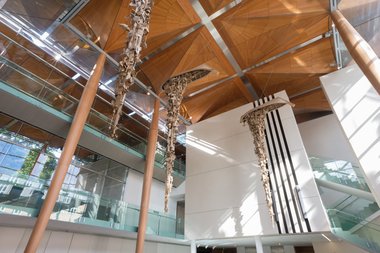
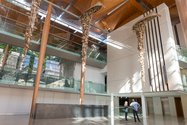
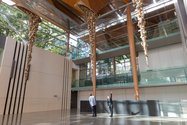



 Two Rooms presents a program of residencies and projects
Two Rooms presents a program of residencies and projects Advertising in this column
Advertising in this column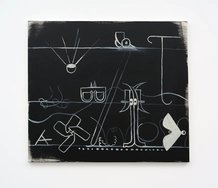
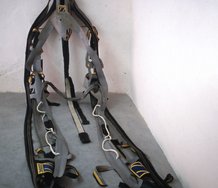
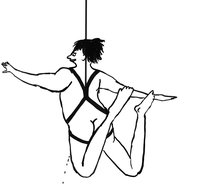
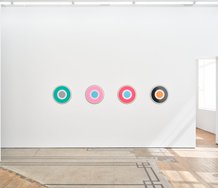
This Discussion has 1 comment.
Comment
John Hurrell, 11:39 p.m. 15 March, 2019 #
What a terrible day it has been. The ghastly events in CHCH remind us how much we must embrace the migrant communities who come here--show them that NZ citizens care--and ensure their protection from the poisonous forces of hatred and bigotry.
Participate
Register to Participate.
Sign in
Sign in to an existing account.